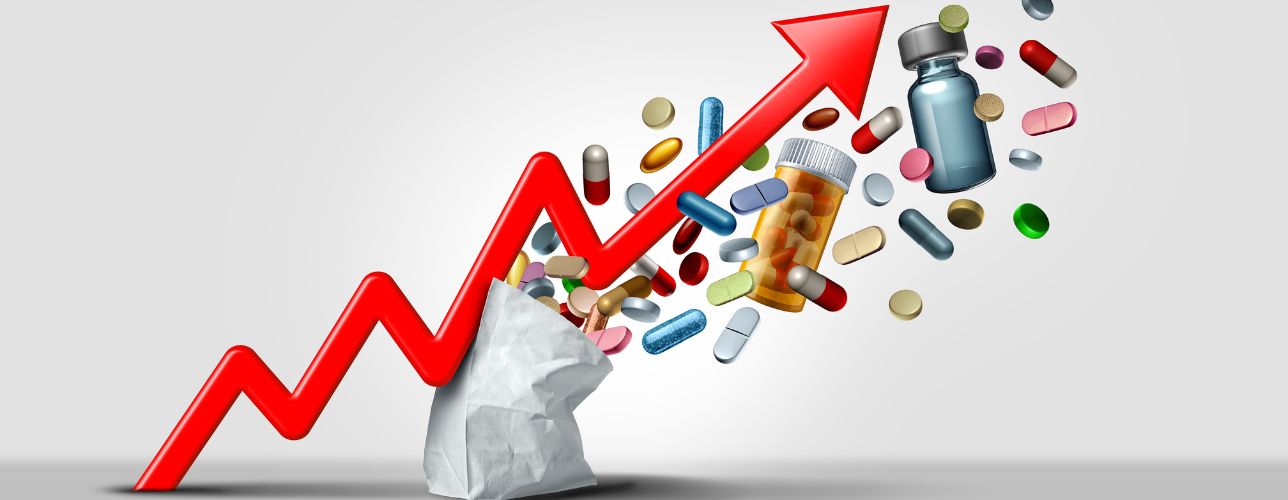Eating is one of life’s great pleasures. It gives us energy every morning, brings friends and families together, and provides a lifelong journey of flavor exploration. In the right context, an ice cream cone can be as good a cure as any for a broken heart. But like any topic or behavior that’s omnipresent in everyday life—money, family, sex, work—food is the source of complex emotional feelings in almost all adults. And of course, eating too much, too little, or poorly can have devastating effects on both physical and mental health.
In this post, we’ll take a look at the phenomenon of emotional eating, which can be broadly defined as eating to fill emotional needs rather than your stomach. It is not always a terrible thing, but it’s not a great strategy either—when we reach for food to soothe feelings of stress, loneliness, boredom, anger, or sadness, it typically doesn’t resolve much and backfires in the long run. Worse still, it can create a feedback loop of negative feelings including shame and guilt, with the potential to develop into an eating disorder.
Here are some of the patterns that suggest an emotional relationship to eating; we encourage you to take a closer look at your relationship to food. If any of the following descriptions resonate with you, then taking the steering wheel back in your eating habits may be extremely helpful for your long term health and happiness.
Not What, but Why
Many traditional diets fail because they only prescribe what to eat, they don’t address deeper motivations for eating. If you understand logically to avoid sucrose, but an emotional wave hits you like a ton of bricks and the only cure is the chocolate bar on the counter, emotions will usually win.
It is essential, then, to identify the source of your emotional eating triggers and address those feelings in more creative and productive ways. If, for instance, your first response to a stressful situation is to reach for the refrigerator, it is valuable and powerful to know that about yourself.
Even better, if you know you will likely reach for greasy, comforting food like pizza or hamburgers (despite them making you feel ill that evening or causing you to beat yourself up for lack of willpower), then you are honing in on the challenge you face. Redirecting your attention from your craving to the root emotion will provide a smoother path to the solution you need. Often the most helpful course of action to resolve stress, loneliness, anger, or other negative emotions involves exercise, sleep, conversations with loved ones, and favorite hobbies.
Signs of Emotional Hunger
Emotional hunger behaves differently than physical hunger, so understanding the difference is crucial to recognizing and defeating emotional eating. This can be trickier than it sounds, especially if you regularly use food to deal with your feelings. Emotional hunger is powerful and savvy and can masquerade as physical hunger. But nevertheless, here are some key differences:
- Emotional hunger comes on suddenly. Physical hunger arises more gradually.
- Emotional hunger isn’t satisfied once you’re full. Physical hunger dissipates once you’ve had enough food.
- Emotional hunger targets specific comfort foods and cravings. When you’re physically hungry, almost anything sounds good, especially healthy food like vegetables.
- Emotional hunger often leads to feelings of guilt or shame. When you satisfy your physical hunger, you don’t feel these negative emotions because you’re simply giving your body what it needs.
Eating in response only to physical hunger is extremely healthy and highly recommended. But don’t forget to have an occasional ice cream cone.
We’re Here for You
Here at Blair Wellness Group, we’re devoted to your work managing your relationship with food. Taking time out of the day to be mindful of your eating behaviors can have ripple effects on your mental health, productivity, and relationships, and can help you learn more about your own patterns, strengths, and pitfalls.
If you feel ready to make important changes in your life and seek psychological services, we are here to support and guide you through every step. Remember that you can’t plant a seed and expect a garden in the morning—the practice of self-care and emotional discovery requires patience, open-mindedness, and dedication. But like any practice, you will see progress and change over time, and the garden of a rewarding, fulfilling, beautiful life is achievable for everyone. If now is the time for you to take steps along that journey, please give us a call today and begin the process of getting treatment.














